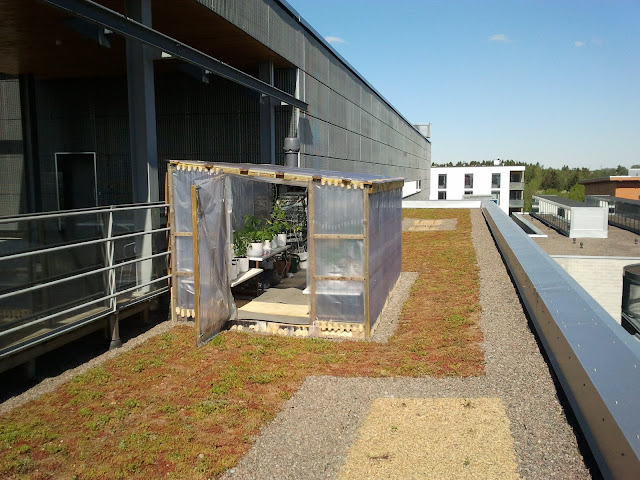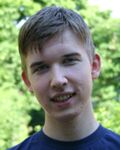Inter-university research and training centre on information security
The University of Helsinki and Aalto University have set up a joint research centre focusing on information security. The new centre, HAIC (Helsinki-Aalto Centre for Information Security), will coordinate the Master’s-level security education between the university and Aalto, with links to research and doctoral education.
The idea is to build bridges to the industries and gain their support for the education, and e.g. grants for MSc students coming from outside the EU, the head of the Department of Computer Science, Sasu Tarkoma, says.
Increasing need for expertise in security and privacy
HAIC will further tighten the research and teaching cooperation between the two universities. The centre will also enable the universities to use their teaching resources more efficiently, while educating the security experts much needed by society and the business world.
HAIC will combine the expertise of the two universities and is a direct answer to the ICT industry’s need for security and privacy experts, says Tarkoma.
Starting immediately
The new Master’s programmes will start in autumn 2017, at the same time as the new tuition fees will be implemented. That is when the first international students will arrive.
A grant programme for recruiting HAIC students is being planned, and in future, the centre is scheduled to start doctoral education and research programmes.
The mission of the centre is to develop into one of the world's leading research and education clusters in the field of information security. It is headed by Professor N. Asokan from Aalto University.
For more details, please see: haic.aalto.fi, the Networking and Services sub-programme at the University of Helsinki, the Master's Programme in Computer, Communication and Information Sciences (CCIS) at Aalto University.
Text: Minna Meriläinen-Tenhu
Translation: Marina Kurtén


